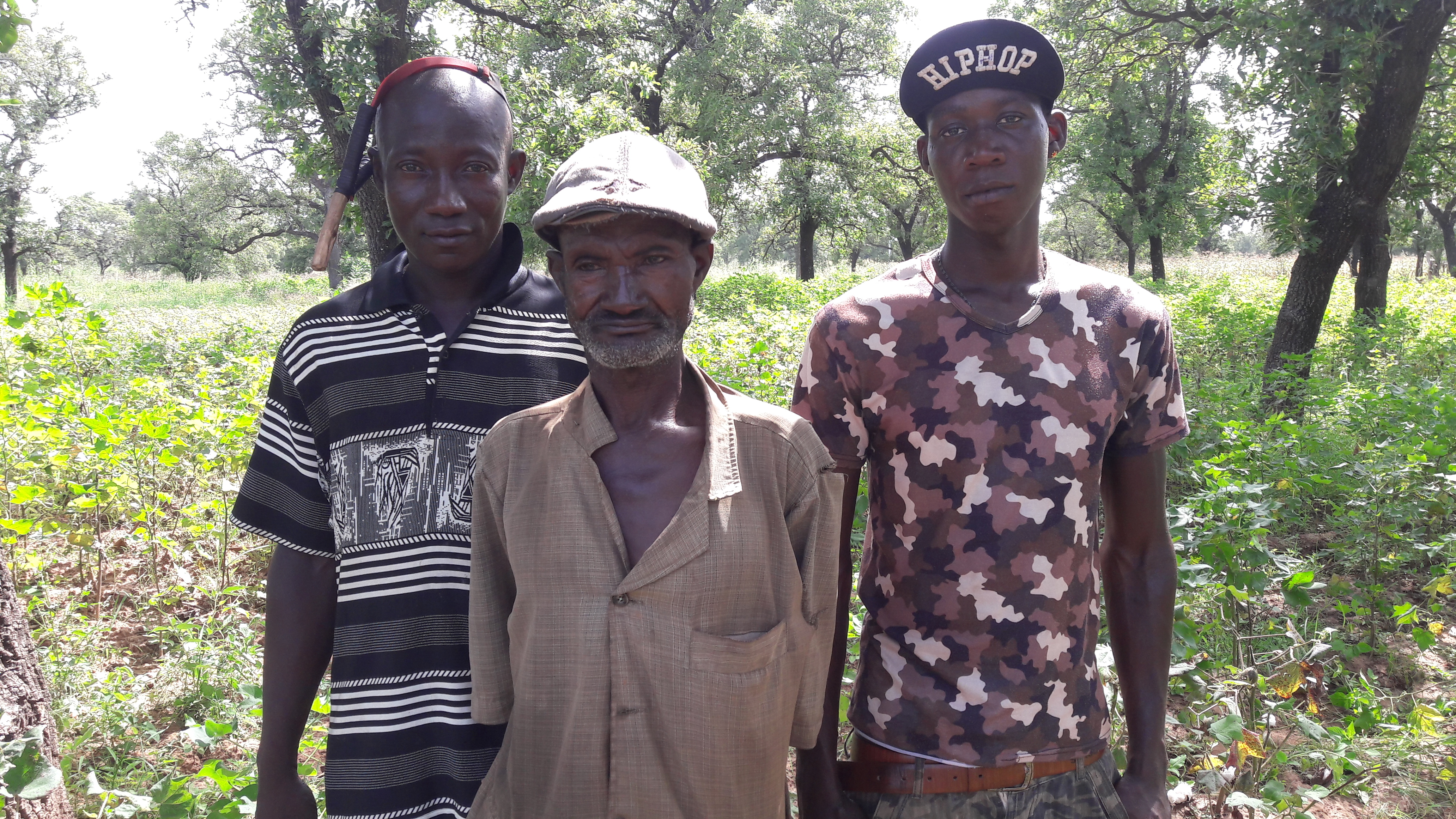Voir la vidéo ci-dessus en français
Hard-core opponents of genetically modified organisms who say GMO crops should be banned might want to look at what has happened in Burkina Faso. After GMO cotton was phased out in 2015, the nation’s cotton farmers paid the price. Their incomes plummeted and their costs rose as they were forced to spend more on pesticides and labor for spraying. The loss of GMO cotton also meant more pesticide-induced illness and an increase in child labor.
Alliance for Science correspondent Joseph Opuku Gakpo traveled to Burkina Faso to get the real story of what happened by speaking with those most affected: the farmers.
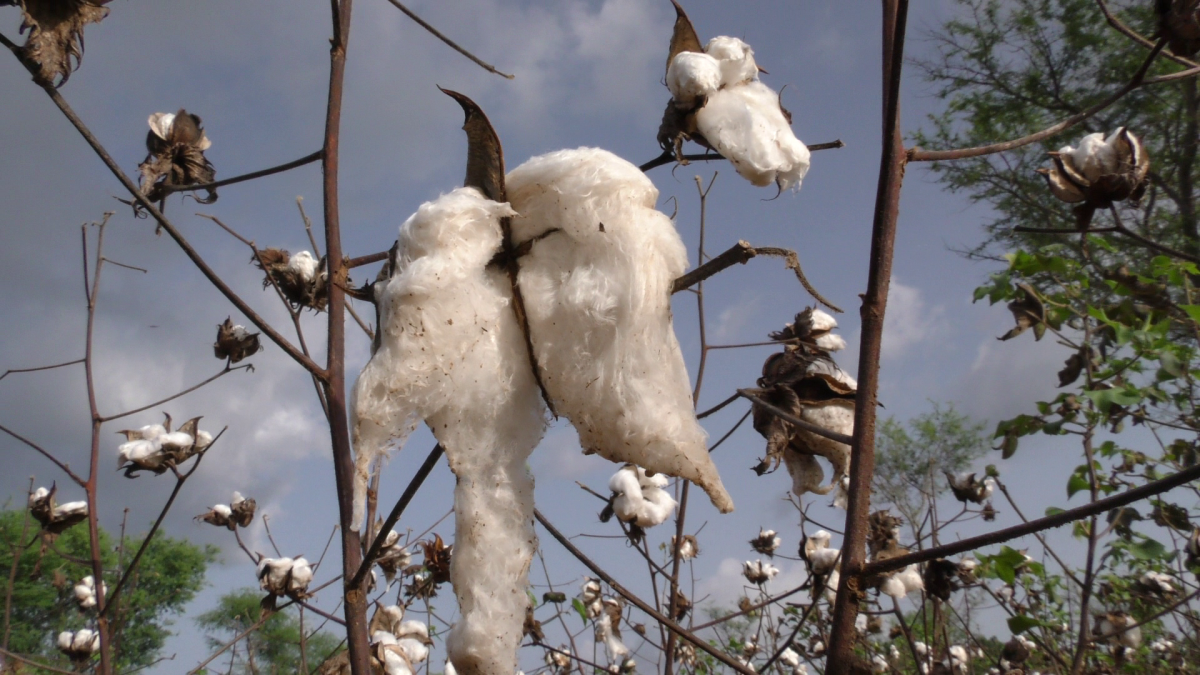
Part I: Reversing the tide of progress
Seidu Konatey is a man who knows no rest. He spends at least 10 hours every day working in his 38 acres of cotton fields at Diguima and Palsama in the Pandema District of Burkina Faso.
With 2018 marking the 35th continuous year that he has been in this business, there is nothing about cotton farming the 63-year-old hasn’t seen before. But nothing troubles Seidu more than the bollworm pests that attack and destroy cotton. The larvae of the bollworm have the capacity to cause up to 90 percent yield loss on cotton fields. In West Africa, 25 to 35 percent of all cotton is lost to these pests.
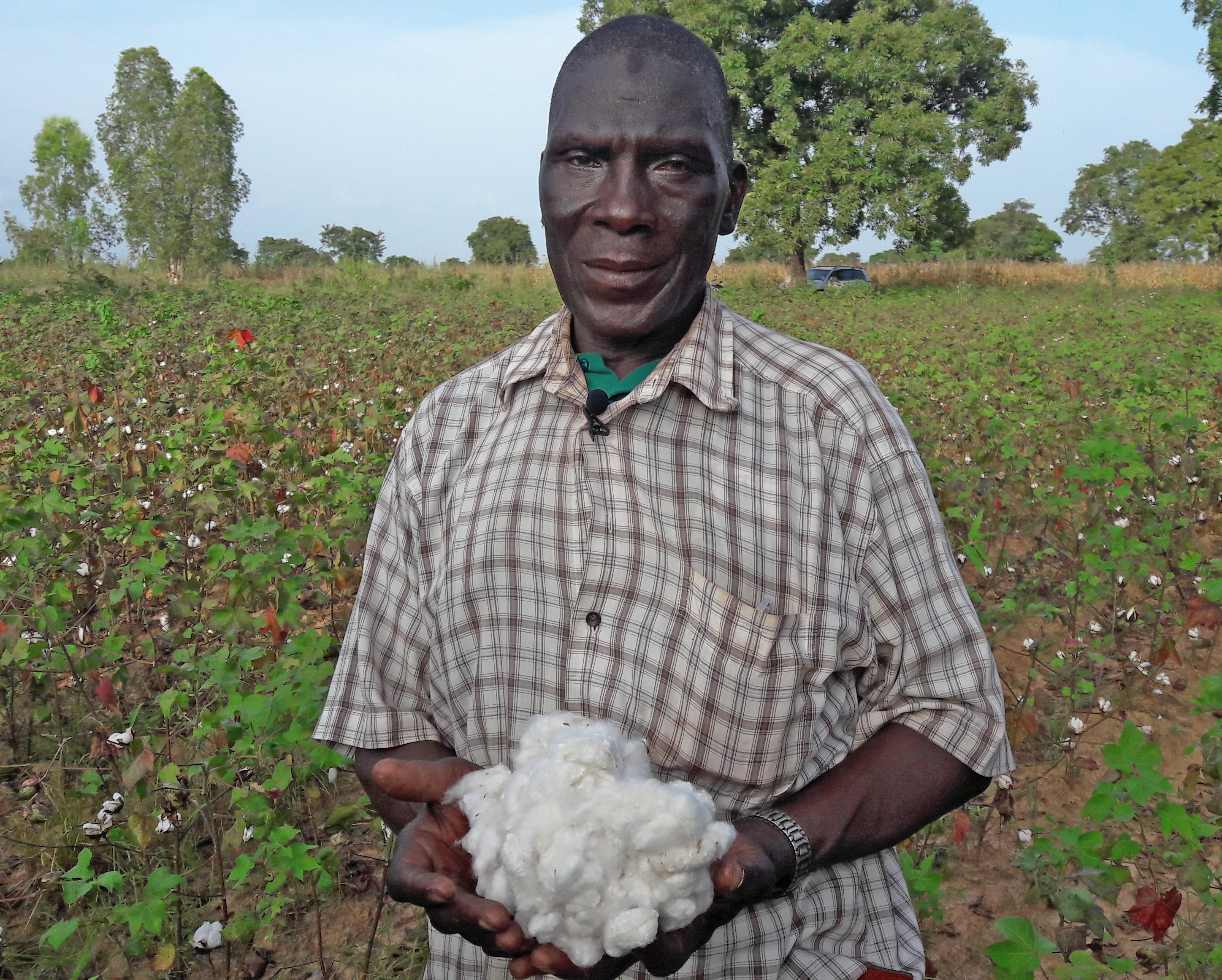
Spraying pesticides has long been the main means of dealing with them. Half of all pesticides imported into Africa are used on cotton, a situation that poses an extraordinary threat to the health of humans and the environment. In Burkina Faso, there are more than 600,000 hectares (nearly 1.5 million acres) of cotton fields. That amounts to about 7.2 million liters (nearly 1.9 million gallons) of potentially hazardous chemicals being sprayed in Burkina Faso every year —just for cotton.
In the early 2000s, the US agricultural firm Monsanto began tests to introduce genetically engineered cotton seeds with the potential to combat the bollworm pests in Burkina Faso. Known as Bt cotton, the seeds contain genes from a bacteria that makes it naturally resistant to the bollworm pests. After five years of trials, the Bt cultivar was made available to Burkina Faso farmers in 2008.
Bt cotton became hugely popular and by 2014, more than 70 percent of all cultivated cotton in Burkina Faso was genetically modified. But by the following year, genetically modified cotton had been completely phased out. READ MORE | LIRE EN FRANÇAIS
Part II: A race against time
Fast forward to 2017. Two years after Burkina Faso phased out growing genetically modified (Bt) cotton, the pressure of pest infestation on cotton fields has become so high that many farmers are convinced the industry will collapse unless something drastic is done soon.
“All farmers who have experience with Bt cotton are regretting the shift from Bt to conventional cotton… but they are helpless and hope that the government will listen to their plea,” Francois Traore, president of the Union of Cotton Producers in Burkina Faso, said in an interview.
As a Ghanian reporter, I had the opportunity to travel across cotton fields in that beautiful country of about 20 million people with the most diverse of culture and extra-ordinary history. All the farmers I met were adamant that it’s time to re-introduce Bt cotton. Kuraogo Salifu is a 65-year-old maize, sorghum, millet and cotton farmer at Diguima, in the Pandema District, who has five wives and 16 children. He says the decision to phase out GM cotton has increased pest attacks on his farm fields to unbearable limits. READ MORE
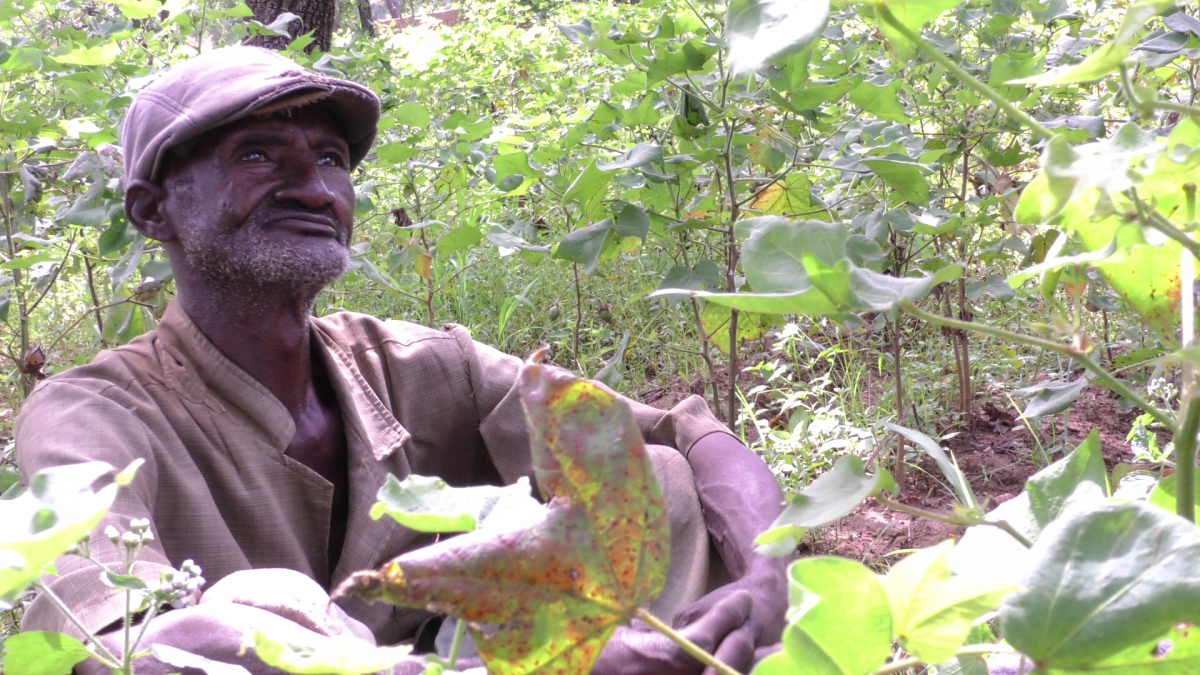
Part III: The real cost of the GMO cotton decision
When cotton traders in Burkina Faso announced in 2015 that they were phasing out the cultivation of genetically modified cotton, they attributed it to losing 50 billion CFA (US$89.5 million) in five of the seven seasons the nation had grown the variety.
Though the companies were able to put a dollar value on their losses, what was the real cost — from the perspective of cotton farmers — of the decision to abandon GM crops?
Burkina Faso farmers have seen their incomes plummet while they are forced to spend more money on increased pesticide use and physical labor. In some cases, farmers have had to resort to using their children in the fields, a practice that appears to threaten the efforts invested in the global campaign to stop child labor.
“There is a huge problem of man power,” Karboe Guile, a farmer with 80 hectares of cotton fields, told me. “Sometimes, we need to use children as young as 12 years on the field because there is a lot of work that needs to be done and everyone needs to be involved. The children get cold, cough and sneeze terribly when they spray the pesticides.” READ MORE | LIRE EN FRANÇAIS
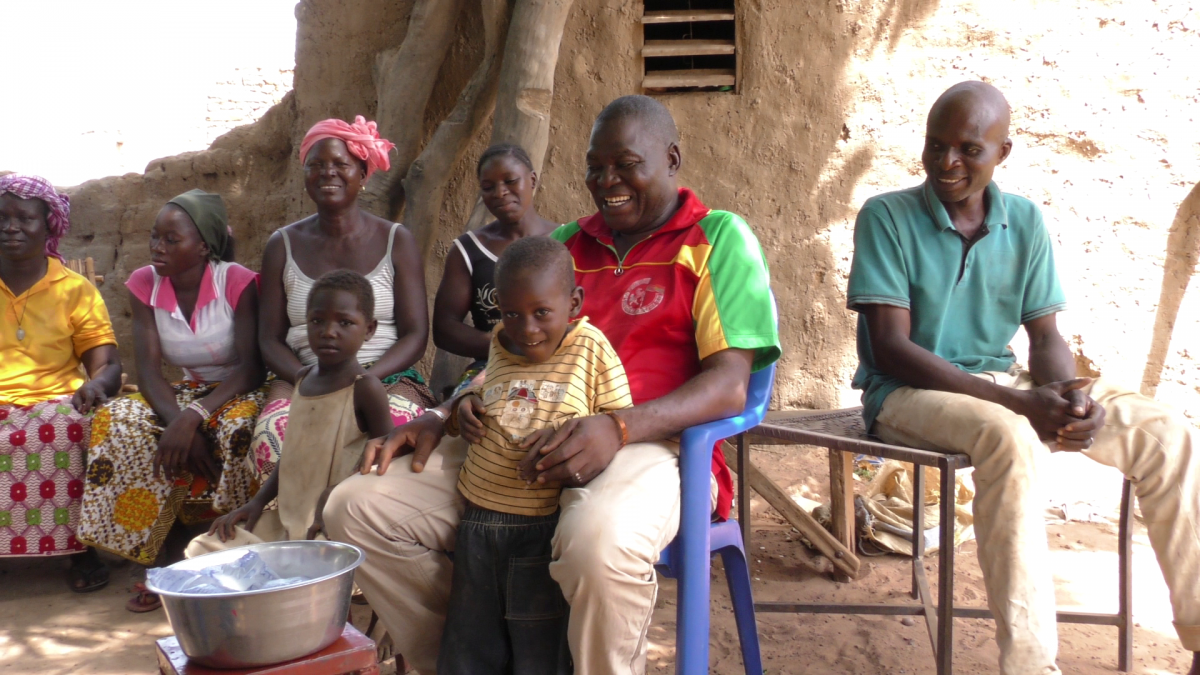
Part IV: Burkina Faso loses rank as Africa’s top cotton producer
As Burkina Faso farmers predicted, the decision to halt the cultivation of genetically engineered, pest-resistant Bt cotton quickly resulted in the nation losing its standing as Africa’s largest producer of cotton.
In 2017, Mali emerged as the number one producer of cotton in Africa, edging Burkina Faso out of the place it held for more than a decade. Once again, the famers were right. READ MORE
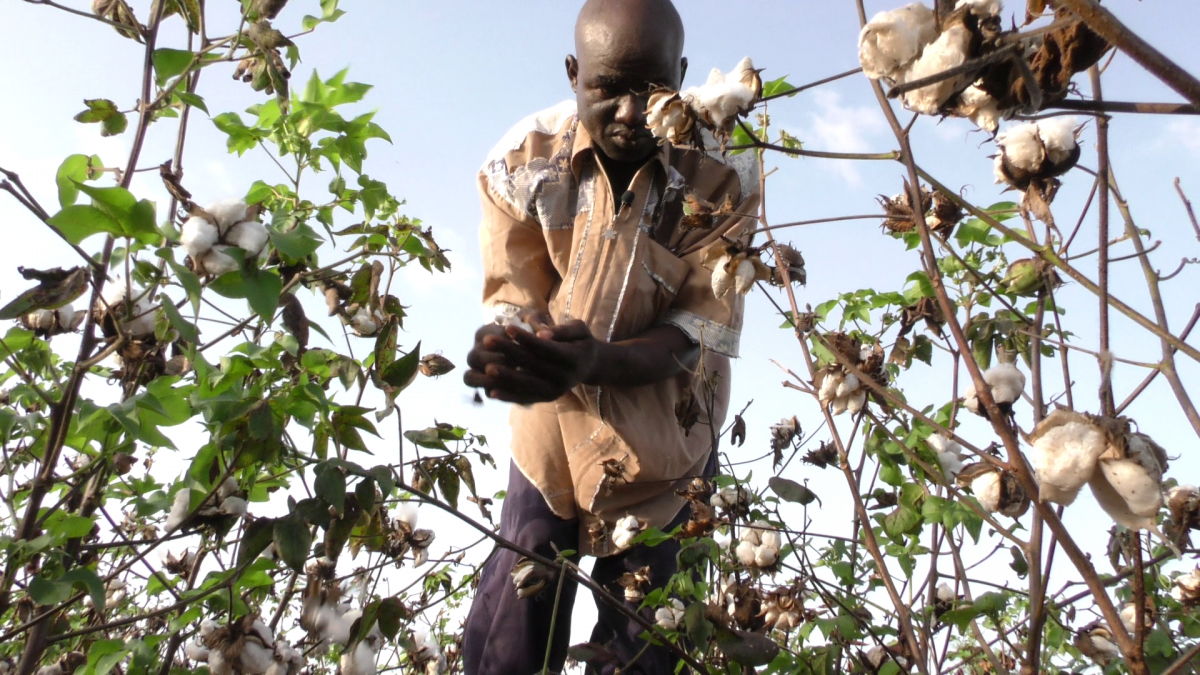
Part V: Burkina Faso presses on with GMO research
Despite Burkina Faso nation losing its status as Africa’s top cotton producer and the repeated pleas from farmers, the nation’s cotton traders, who control production, were still insisting in January 2018 that farmers plant non-GMO varieties only.
But that doesn’t mean that GMO research has stopped in the country. Work is still ongoing to develop other GMO products in Burkina Faso, including Bt cowpea and genetically engineered sterile mosquitoes.
Destruction of cowpea fields by the pod bearer pest is a major issue in Africa. More 40 percent of all cowpea produced in the sub region is damaged by pests. The Bt cowpea, which infers natural resistance without the application of pesticides, is expected to help reduce the level of destruction drastically.
Dr. Umar Traore of the National Biosafety Agency in Burkina Faso says work on the Bt cowpea is progressing steadily and the challenges with cotton production will not affect it.
“The story is different from Bt cotton,” he said. “Cowpea is both a staple and cash crop. It will be different from the Bt cotton.” READ MORE | LIRE EN FRANÇAIS
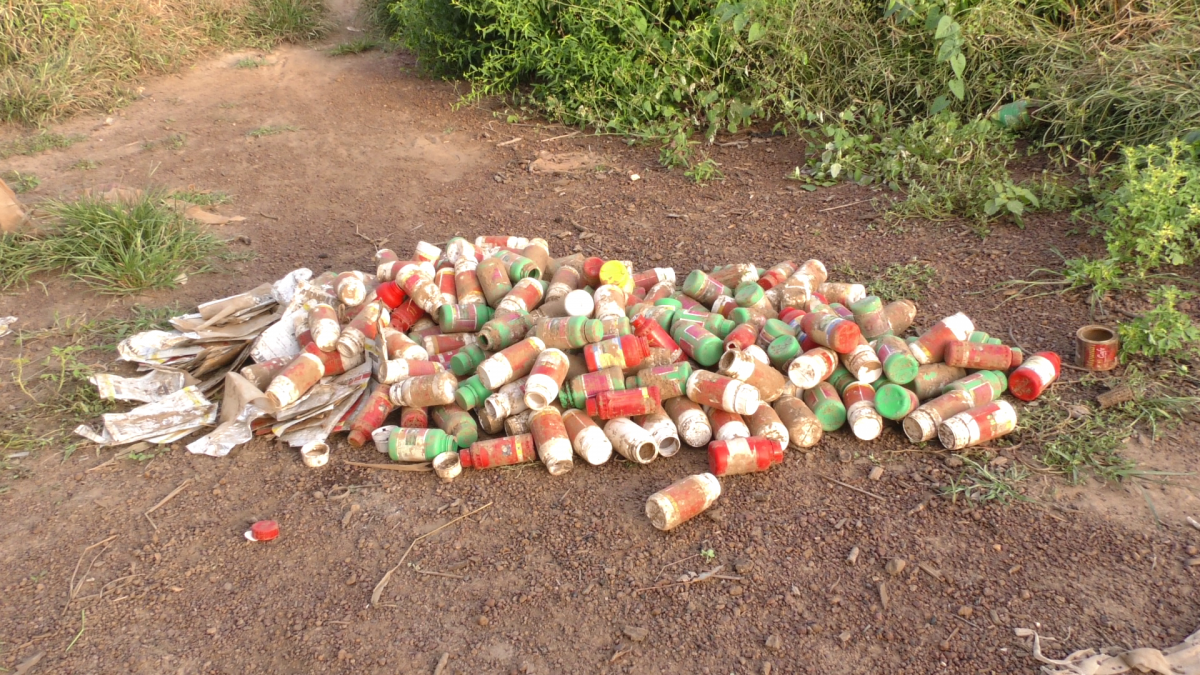
Part VI: Burkinabe cotton industry reverses course
While the complaints of farmers may not have been enough to sway Burkina Faso’s restrictive cotton industry, production numbers were another story. Cotton-buying companies in the country faced a barrage of criticism after Burkina Faso lost its place as number one cotton producer in Africa.
In February 2018, industry officials announced that the genetically modified varieties that were phased out in 2015 may soon be brought back. The German firm Bayer will begin negotiations with Burkinabe authorities by the end of the year to allow for a return of the Bt cotton seeds that local farmers have been demanding, according to Wilfried A. Yameogo, director general of SOFITEX, which buys an estimated 80 percent of all cotton produced in the West African nation.
Although Yameogo insisted that poor rainfall and an influx of new insect pests were responsible for the poor cotton yields, he also admitted that Bt cotton had helped control pest infestation in fields. He also said SOFITEX would work with local banks to give farmers some reprieve from the huge losses they incurred after the forced switch to conventional cotton.
For the farmers that suffered so greatly as a result of the decision to abandon the Bt seeds, the industry reversal is music to their ears. READ MORE
I hope the next time I visit this beautiful nation of bold, optimistic and hardworking people, the farmers will share stories of success rather than tales of woe. — Joseph Opoku Gakpo
